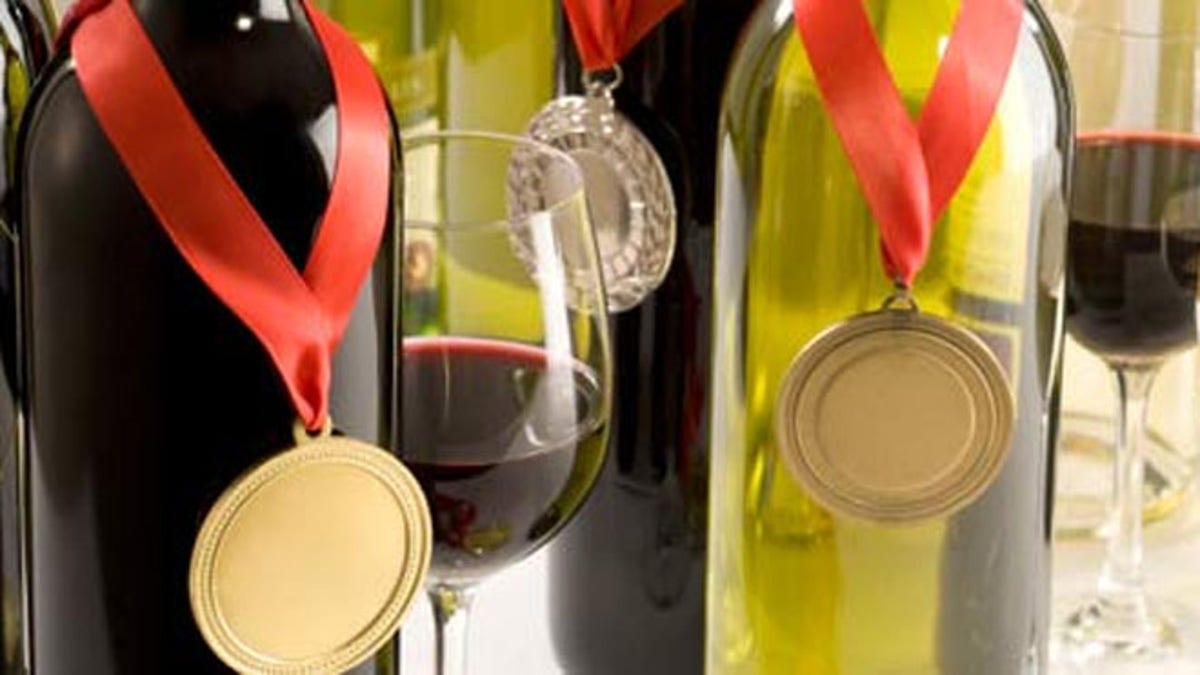
Whether a wine has been awarded 100 or 5 points – should you pick –or avoid—a wine do because someone else says you should? (iStock)
We’ve all gone into the local wine store and seen the numerical scores affixed to certain wines.
But whether a wine has been awarded 100, 91 or 84 points, should you pick or avoid it because someone else says you should?
Here are four ways scores can help you get the most out of enjoying wine without leaving a bad taste in your mouth:
Use wine scores only as a guide:
If you’re new to wine or want to explore a new region, wine scores can help guide you to some of its well-respected producers. However, once you’ve become familiar with a region and its wines, trust your own palate and never feel obligated to like a wine just because someone you’ve never met assigned it a numerical value. Focus on your own enjoyment first and foremost.
Find a critic with similar tastes:
Finding a wine critic whose tastes align with yours can be a great way to expand your wine vocabulary. Look for those who give favorable ratings to wines you already enjoy and then check out their tasting notes. If their notes mirror your experience (you may have to read between the flowery language), give their other recommendations a try.
Collecting and investing:
If the wine bug has inspired you to sock away some special bottles, scores can be a valuable guide. Favorable scores and an indication a wine is ideal for aging can help you decide if a wine is a value and could appreciate in price over time. Be sure to do your research though -- it helps to enjoy the wines you’re collecting just in case you ultimately decide to indulge.
Let your palate be your guide:
While scores can be helpful, there’s no substitute for your own palate. If you prefer Alsatian rieslings and avoid tannins and oak like the plague, chances are you’re not going to enjoy a California cabernet sauvignon no matter how many points it gets. But that’s okay because while everyone’s palate is different, nobody's palate is wrong.
